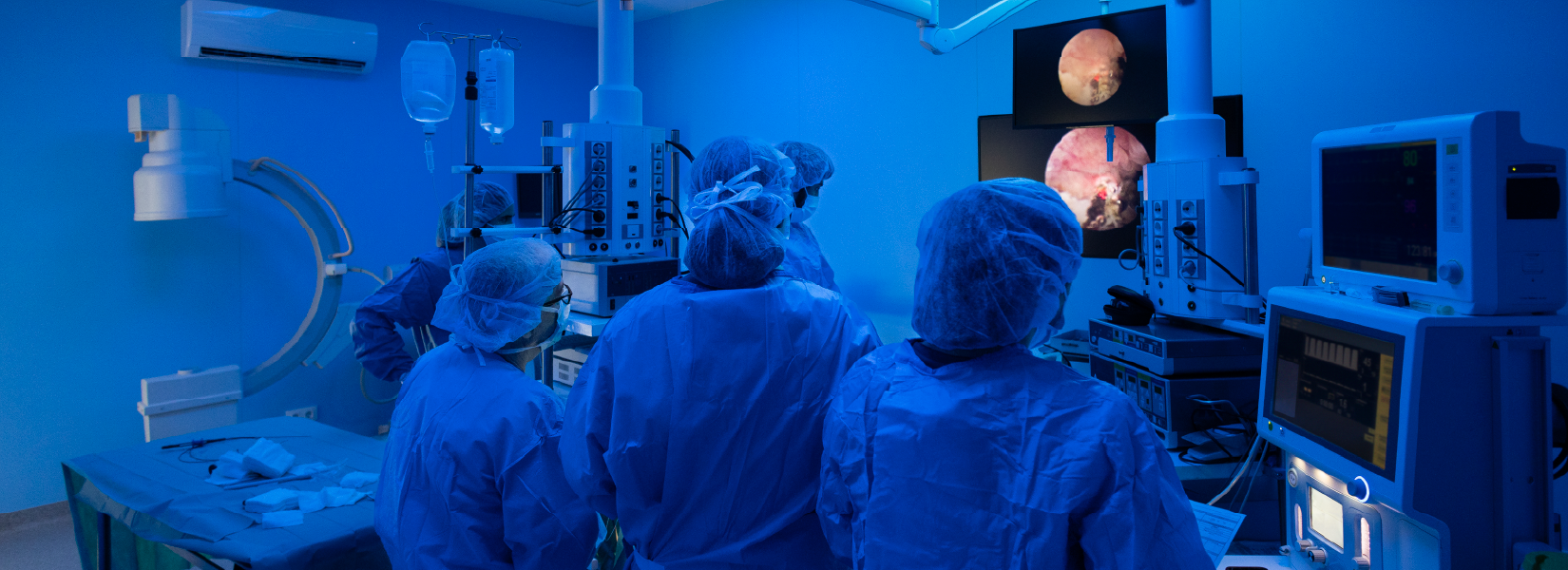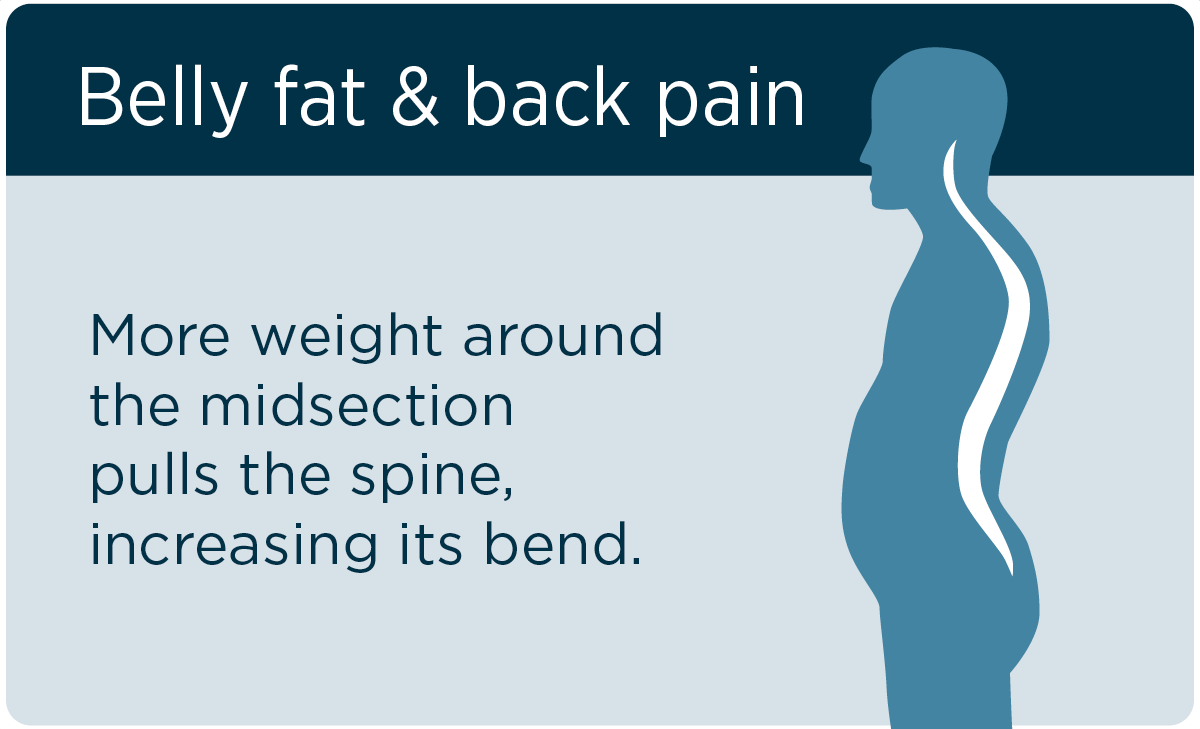
Pancreatic cancer is, in general, a relatively aggressive form of cancer. Dr. Seth Fagbemi, a Marshfield Clinic Health System oncologist/hematologist, said the best outcomes for patients usually occur when surgery is an option.
“After surgery, because of the risk of recurrence, which is real and relatively high, patients are offered additional treatments like chemotherapy or sometimes radiation,” Fagbemi said.
Fagbemi said it is also possible to use radiation or chemotherapy prior to surgery, in order to shrink the cancer and make surgery easier to perform. Surgery to remove pancreatic cancer is generally a challenging one because the stomach, liver and intestines surround the pancreas.
Symptoms of pancreatic cancer
Symptoms that could indicate the presence of pancreatic cancer include belly pain that radiates to the back, painless jaundice (yellow skin), poor appetite and weight loss, and in severe cases, vomiting. One of the difficulties of dealing with this type of cancer is that symptoms may not appear until the cancer has spread beyond the pancreas, Fagbemi said. It is detected via a biopsy.
Risk factors
Smoking and being overweight are both risk factors for developing pancreatic cancer. Research has also been able to associate genetic abnormalities with a higher risk of the cancer.
According to the American Cancer Society, African Americans are a little more likely to develop pancreatic cancer than Caucasians. Men are also more likely than women to suffer from the disease.
Care is getting better over time
Thirty years ago, Fagbemi said surgery was the main option to treat patients with pancreatic cancer.
“That’s why pancreatic cancer has that aura of being so aggressive and bad, which is still true,” Fagbemi said. “But over time, we have added treatment options that improve outcomes and quality-of-life for patients.”
Fagbemi said surgical procedures and radiation therapy have improved dramatically over the years.
“It’s a bad disease, but that is not a reason to avoid being seen,” Fagbemi said. “We can help people and improve quality-of-life.”
If you have concerns about symptoms or risk factors for pancreatic cancer, talk with your provider.
Concern for eyes leads patient to pancreatic cancer diagnosis
Lois TeStrake, a long-time resident of Marshfield, Wisconsin has a passion for life and helping the people around her. A question of concern from a stranger helped her discover she had pancreatic cancer.
TeStrake was enjoying a normal day as she was working in a local clothing store. After helping one customer, she received a surprising question. “Is there something wrong? Your eyes are looking yellow.” That customer was Dr. Jessica Wernberg, surgical oncologist at Marshfield Clinic Health System. This concern prompted TeStrake to call Dr. Wernberg’s office for further testing.
Initially her care team had thought TeStrake had plugged bile ducts that were causing her jaundice, and she was scheduled for surgery. Then they discovered she had stage two pancreatic cancer. Dr. Wernberg and Chady Leon, M.D., hematology-oncology specialist, brought together a multi-disciplinary team of specialists from surgery, gastroenterology, oncology and radiation oncology to discuss her care and created a treatment plan.
Watch how Dr. Wernberg’s concern made a difference for TeStrake.






Leave a Reply